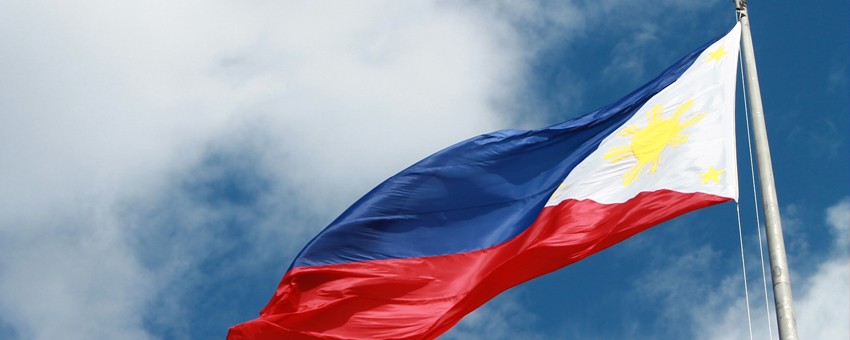
Jessen told the Philippine News Agency (PNA) that conducting more talks among EU leaders and Philippine government officials would help the bloc and the country to move "in the right direction.""And if I can [make] a wish, it would be enhancing the interaction between the Philippines and Europe in terms of visits from [the former to the latter]," he said, adding that the relationship of the EU and thePhilippines is not a "one way street.""It's not only what Europe wants, what we expect [and] what we ask for. It is also very much the same for the Philippines: what does [it] want, what [is it] asking for and what [is it] expecting? [Those are questions from] the two sides," Jessen explained.The envoy cited EU's high priority on democracy, human rights, rule of law, anticorruption efforts, climate change mitigation and economic development, among others. Jessen further noted that thePhilippines and every EU member state are not "super power nations,"hence the need for international rules based system to ensure that each nation's interests are protected. "So, from this perspective, you have, objectively speaking, the same interest in terms of strengthening the United Nations system [and strengthening that of the] World Trade Organization moving forward," the EU representative said. Last week Trade Secretary Ramon M. Lopez led a mission to Hungary with other trade officials and some businessmen (Related story on this page EdX lessen mentioned Foreign Affairs Undersecretary Ernesto C. Abella also processed a planned visit of Philippine officials to the EU. "We'd like to see more of this type of interaction,"Jessen said.Meanwhile, Walter van Hattum,head of the EU Delegation to the Philippines Economic and Trade Section, confirmed that some 40 companies from the EU are set to visit the Philippines in the third quarter of the year."We have a big one coining. We are planning on the healthcare sector toward August or September,"van Hattum told the PNA.The EU trade official said European firms would like to take advantage of the opportunities in the Philippines with the growing demand in health care."We're especially looking at medical devices," he stated. The 2017 Advocacy Paper of the EU-Philippines Business Network (EPBN) cited the country's healthcare industry as high priority. It noted that the country was largely dependent on imports for its medical supplies, importing 100 percent of medical equipment and 65 percent of medical disposables. The local production of medical equipment,it said, is limited to prototypes, spare parts and disposables, such as gloves and syringes. "As you can imagine, Europe has [a] lot to offer in terms of technology, "van Hattum affirmed.On another note, the EPBN advocacy paper said health related firms from the EU could support the Duterte administration's goals to develop health infrastructure, implement immunization programs and provide quality, innovative medicine through a publicprivate partnership model.The EU also sees potential in thePhilippine healthcare front, as the government strengthens its health expenditure.The current administration has allocated more than P107 billion as health budget under the 2018 General Appropriations Act.